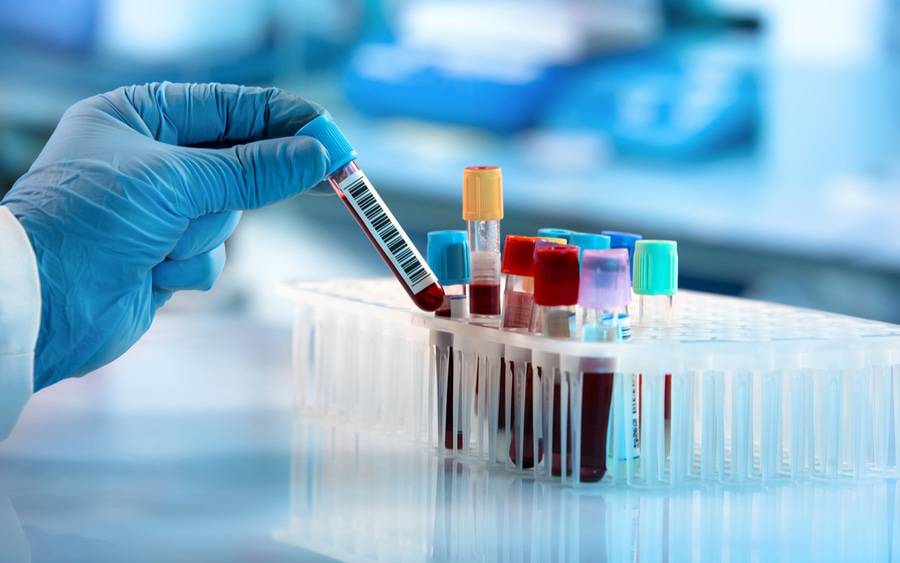Wheat allergy: What you need to know
What is an allergy to wheat?
An immune system reaction to wheat proteins is known as a wheat allergy. Although it is one of the most prevalent food allergies in kids, it can also appear in adults. Bread, pasta, cereal, cookies, cakes, and pizza are a few examples of foods that contain wheat.
What signs would indicate a wheat allergy?
Wheat allergies can cause mild to severe symptoms. Typical signs include:
- Hives
- Rash
- Eczema
- Lips, tongue, or throat swelling
- Having trouble breathing
- Wheezing
- Continent pain
- Nausea
- Diarrhea
- Vomiting
Anaphylaxis, a potentially fatal allergic reaction, can occasionally be brought on by a wheat allergy. Anaphylaxis symptoms include:
- Hives and facial, throat, and tongue edema
- Having trouble breathing
- Wheezing
- Dizziness
- Fainting
- Skin-prick test:
The allergist will apply a tiny amount of wheat protein extract to your skin and prick the region with a needle during a skin prick test. You will have a raised, itchy bump at the test location if you have a wheat allergy.
A blood test:
The quantity of IgE antibodies that are specific to wheat in your blood can be measured using a blood test. In reaction to allergens, the immune system produces IgE antibodies.
You are more likely to be allergic to wheat if your blood test results reveal that you have high levels of IgE antibodies to wheat.
Challenge of oral food:
To confirm a wheat allergy, the allergist may occasionally request an oral meal challenge. You will consume a little amount of wheat during an oral food challenge while the allergist watches. As soon as you experience an allergic reaction, the allergist will start treating you.
Only when the allergist thinks there is a low probability of a reaction are oral food challenges conducted.
several diagnoses:
- It is crucial to remember that symptoms resembling those of a wheat allergy can also be brought on by other illnesses, including celiac disease and non-celiac gluten sensitivity. To have an accurate diagnosis and rule out other illnesses, it is crucial to visit an allergist.
- If a wheat allergy is discovered in you, the allergist will collaborate with you to create a management strategy for your illness. This can entail staying away from wheat and goods containing wheat, keeping an EpiPen or other epinephrine auto-injector on hand in case of an allergic reaction, and telling your friends, family, and coworkers about your allergy.
How is an allergy to wheat handled?
- Avoiding wheat and wheat-derived items is the only approach to stop a wheat allergy reaction. A wheat allergy has no known treatment option.
- Your doctor will probably recommend an antihistamine or epinephrine to treat the symptoms if you do experience a wheat allergy reaction. In extreme circumstances, you can need hospitalization.
- Living with a wheat allergy might be difficult, but it is possible to control the illness and have an active, healthy life. Here are a few advices:
- Read food labels and stay away from anything that contains wheat or products containing wheat.
- Keep an eye out for foods like soy sauce, salad dressings, and processed meats that contain hidden sources of wheat.
- Always keep an epinephrine auto-injector on hand, such as an EpiPen, in case you experience an allergic response.
- Inform your loved ones, coworkers, and friends about your wheat allergy.
Additionally, there are many tools available to assist those who have a wheat allergy in living their best lives. A good place to start is the American College of Allergy, Asthma & Immunology (ACAAI). They provide details.
Along with the advice above, here are some more suggestions for managing a wheat allergy:
- Think ahead. Call the restaurant in advance to inquire about their gluten-free menu alternatives before you go out to eat. Tell your friends about your allergy if you're coming to their house for dinner so they can make appropriate plans.
- Defend your own interests. Don't be shy about speaking up and requesting what you must. Ask to talk to the manager if the waiter at a restaurant doesn't appear to grasp your allergy.
- Never give up. Although having a wheat allergy can be difficult, it's crucial to realize that you're not the only one. There are tools available to assist those who have food allergies because there are many of them.
Here are some further suggestions for dealing with a wheat allergy:
- Make a list of wholesome foods and snacks you can consume.
- Cook as much as you can at home so that you have control over the ingredients.
- Be ready for circumstances where you might come into contact with wheat, such as social gatherings or travel.
- To get their support, mention your wheat allergy to your family, friends, and workplace.
Knowing the signs of a wheat allergy and what to do if you suspect you might have one are crucial if you have a wheat allergy. Additionally, it's crucial to discuss with your doctor how to handle your wheat allergy and lead a healthy, meaningful life.

:max_bytes(150000):strip_icc()/VWH-DennisMadamba-WheatAllergySymptoms-Standard-37cfa8b28af24129a1a912107f00329d.jpg)


Comments
Post a Comment